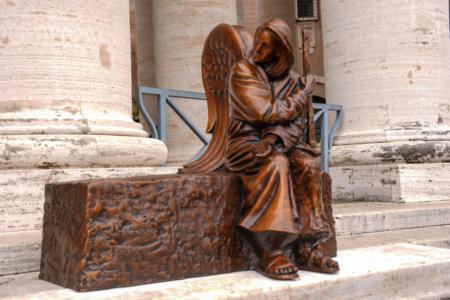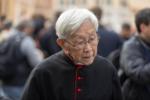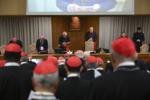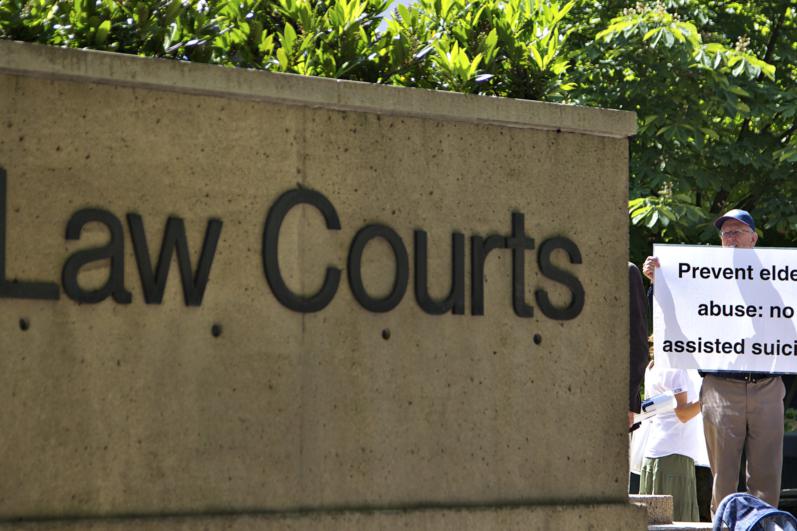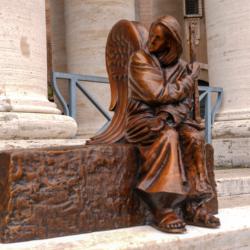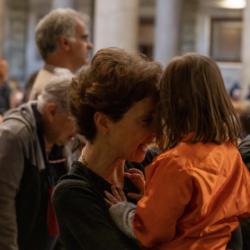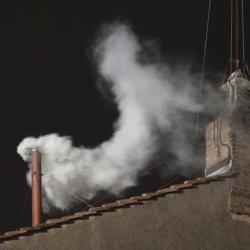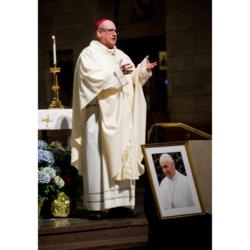Montreal archbishop challenges Canada's physician-assisted death law
(OSV News) -- A Catholic archbishop has filed a challenge to Canada's law on physician-assisted death, which includes both medically assisted suicide and euthanasia, in a case that could have far-reaching implications for religious freedom, conscience rights, property rights and public-private partnerships.
Archbishop Christian Lépine of Montreal submitted a Feb. 5 appeal to the Quebec Superior Court, asking for an immediate stay on application of a June 2023 amendment to Canada's Act Respecting End-of-Life Care.
The amendment states that "palliative care hospices may not exclude medical aid in dying from the care they offer."
Since 2016, Canada's law on "medical assistance in dying," or MAID, exempts from criminal charges doctors and nurse practitioners who either directly administer or prescribe medication to cause a person's death at their own request. The law includes protocols for ensuring a patient requesting MAID is fully informed and freely consents.
Archbishop Lépine is specifically seeking to protect the St. Raphael Palliative Care Home and Day Center in Montreal, a 12-bed nonprofit facility that provides free care regardless of ethnicity, social status, religious beliefs, sexual orientation or gender identity.
The Catholic Register, Canada's national Catholic newspaper based in Toronto, reported that after the closure of St. Raphael the Archangel Parish, the Montreal Archdiocese transferred the building and land to Maison St-Raphael, a community organization formed to lead the home, under a 75-year lease. It required that the facility -- which opened in 2019 -- would never administer MAID.
On its website, St. Raphael states that "the palliative care approach supports life and considers death a natural part of life," and that the center's mission "aims to relieve physical, psychological, and spiritual suffering, and to improve the quality of life of patients as well as that of their loved ones. The objective is to offer a path towards an end of life with compassion and humanity, while respecting the needs and limits of every person."
That mission is impossible under the amendment, according to the archdiocesan suit, which notes that St. Raphael had from the start an agreement with Montreal's health and social services agency that recognized St. Raphael did not provide MAID, but had set up protocols for transferring out of their care a patient who demanded it.
The Catholic Register reported that Quebec Health Minister Sonia Bélanger in November rejected St. Raphael's request for an exemption to the MAID requirements, calling MAID "part of the continuum of palliative and end-of-life care" that must be made available in "all settings offering end-of-life care" upon patient request.
According to The Catholic Register, the archdiocese's suit noted property rights also are at stake with the amendment: St. Raphael is a private facility free to "define its orientations, policies and approaches, even if it receives public funding," otherwise the state is effectively appropriating a religious building for the sake of MAID. The suit further claims the amendment can paralyze religious groups' efforts to serve society if their sincere beliefs and convictions cannot be respected.
In a Feb. 6 statement posted to its website, the Montreal Archdiocese said, "The Catholic Church recognizes the need for high-quality palliative care that upholds the dignity of human life by providing effective pain management while addressing the emotional, affective, and spiritual needs of individuals.
"According to Catholic doctrine, human life is deemed sacred and inviolable, extending from conception to natural death," said the archdiocese. "Palliative care accompanies individuals and their loved ones through the end-of-life process, aiming to alleviate pain without either prolonging or hastening death."
In contrast, MAID "results in the premature death of the individual," said the archdiocese. "Consequently, the Catholic Church deems it an act of euthanasia, finding it morally unacceptable as a response to the suffering and distress experienced by individuals at the end of life."
Archbishop Lépine told The Catholic Register the case is "not only a matter of palliative care, it's a matter of freedom of conscience."
"We speak about palliative care and MAiD because it's around those issues that the law is made. But it's really the freedom of conscience, not only for individuals, but also for institutions," the archbishop said. "That's what we hope to promote. Whoever we are, we need a society where there is a freedom of conscience for people and institutions."
- - - Gina Christian is a multimedia reporter for OSV News. Follow her on X (formerly Twitter) at @GinaJesseReina.
